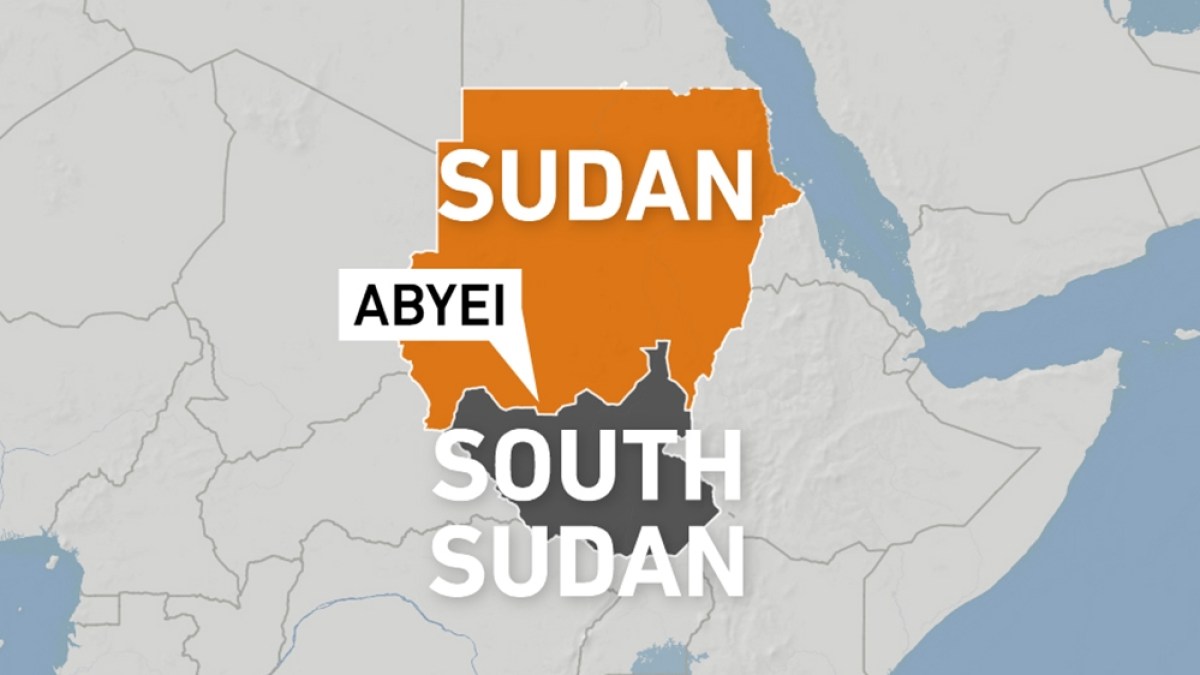Israel’s leadership views its 12-day war with Iran last month as a success – several Iranian military leaders were killed, Iran’s defensive military capabilities were weakened, and the United States was convinced to take part in a raid on the Iranian nuclear site at Fordow.
But while Israeli leaders were quick to claim victory, they emphasised that they were ready to attack again if necessary, with Prime Minister Benjamin Netanyahu saying he had “no intention of easing off the gas pedal”.
And Israel is already looking for the next opportunity to wage another devastating conflict aimed at bringing down the Islamic Republic in Iran, analysts told Al Jazeera.
However, to do so, it would require the ‘permission’ of the US, which may not be willing to give it.
Back in mid-June, a surprise Israeli attack led to the war, in which more than 1,000 Iranians and 29 Israelis were killed.
Israel justified the war by claiming that it was acting preemptively and in “self-defence” to take out Iran’s nuclear programme, which Tehran has long said is for civilian purposes.
Speaking to Al Jazeera earlier this week, Iranian President Masoud Pezeshkian expressed doubt over how long the current ceasefire will remain in place.
“We are fully prepared for any new Israeli military move, and our armed forces are ready to strike deep inside Israel again,” he said.
Cause for war
Despite Israel’s emphasis that it was targeting Iran’s nuclear facilities, it mainly assassinated high-ranking government and military officials, indicating a clear attempt to weaken and possibly bring down the regime.
Trita Parsi, an expert on Iran and the cofounder and executive vice president of the Quincy Institute, a left-wing US think tank, believes Netanyahu is looking for an opportunity to resume that mission.
“The reason the Israelis want to attack again … is because they want to make sure they turn Iran into the next Syria or Lebanon – countries Israel can attack anytime with impunity,” he told Al Jazeera.
Israel’s next opportunity to muster up a pretext for a war could come after European countries reimpose debilitating sanctions on Iran.
US Secretary of State Marco Rubio is reported to have held a call with his counterparts from Germany, France and the United Kingdom earlier in July, in which they agreed that United Nations Security Council sanctions would be reimposed if a new nuclear deal was not agreed upon by the end of August.
The sanctions had been lifted when Iran and several Western countries agreed on a nuclear deal in 2015.
The US pulled out of that deal two years into President Donald Trump’s first term in 2018 and restored sanctions as part of a maximum pressure campaign. Now, European parties to the deal could do the same, and that could prompt Iran to walk out of the nuclear non-proliferation treaty, warned Parsi.
“That would provide [Israel] with a political window to [attack again],” he told Al Jazeera.
Meir Javedanfar, Iran lecturer at Israel’s Reichman University, added that Israel would nevertheless have to muster up or present credible intelligence that suggests Iran is rebuilding or repairing its nuclear programme.
He warned that, “to launch such an attack, Israel would need the agreement of the United States and its President Trump”, permission he regarded as less likely in light of US concern over Israeli attacks on Syria.
Israeli operations
While Israeli strikes on Iran may not be imminent, a report in The New York Times on Wednesday suggests that it is carrying out covert operations responsible for sudden explosions and fires across the country.
The paper cited three informed officials and a European diplomat who attributed the apparently random fires and explosions at apartment complexes, oil refineries, near an airport and a shoe factory, to acts of sabotage likely carried out by Israel.
“I think Benjamin Netanyahu has found a formula where it is able to attack Iran with impunity despite pushback from Donald Trump,” said Negar Mortazavi, an expert on Iran with the Center for International Policy (CIP), a think tank based in Washington, DC.
Any ongoing covert operations are a result of Israel’s extensive infiltration of Iranian security and infrastructure that became apparent during the early stages of the June conflict, with individuals targeted through what was presumed to be teams of local intelligence operatives and drones launched against Iranian targets from within Iranian territory.
There was no evidence to suggest that Israel’s network within Iran had ended with the war, analyst and Iran expert Ori Goldberg said.
“Israel has built a robust [security] system within Iran and, like all such systems, its muscles need flexing occasionally,” he said from Tel Aviv. “Sometimes this isn’t for strategic reasons, so much as tactical ones. As soon as you have infrastructure or people in place within another country, you have a limited time to use them, so if that’s setting fires or setting detonations, it’s a way of keeping them active and letting Iran know they’re there.”
Likelihood of new war
Few could have predicted the complete absence of restraint with which Netanyahu, previously a figure considered to be somewhat averse to conflict, has attacked neighbouring states, Syria and Lebanon, as well as regional actors, such as Yemen and Iran, while maintaining his brutal assault upon Gaza.
But while a renewed offensive upon Israel’s historical bogeyman, Iran, might prove popular in the face of growing internal division over Israel’s war on Gaza, how well received it might be by his principal ally remains to be seen.
“Trump is a concern and Israel will want to keep on the right side of whatever line he’s drawn [on its actions],” Goldberg said. “But Iran is a consensus issue within Israel. People might argue about Gaza, but never Iran. If Netanyahu feels himself under threat, he’s going to want to crack the Iranian whip and unify people behind him.”
Iran, for its part, won’t be caught flat-footed a second time, say analysts.
Mortazavi told Al Jazeera that Iran is expecting Israel to continue its aggression, even as it still holds out hope to reach a deal on its nuclear programme through diplomacy.
“I think they know that a deal will reduce the chances of an Israeli attack,” she said.

 3 months ago
103
3 months ago
103

















































